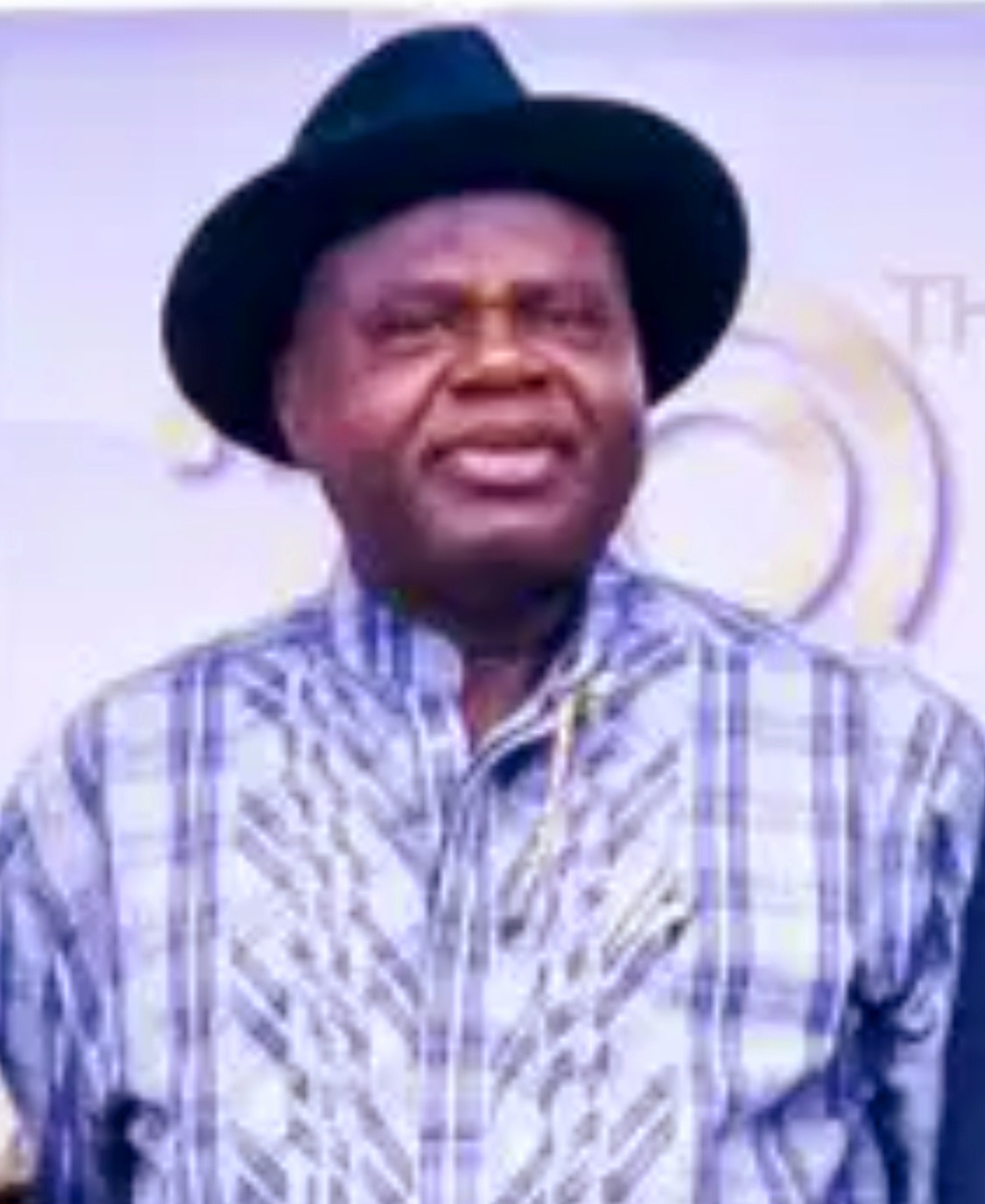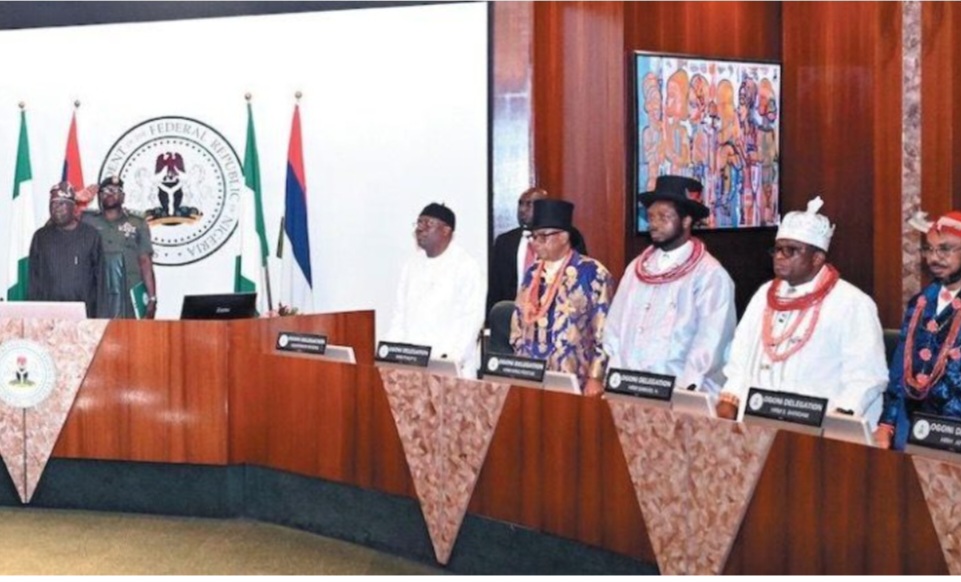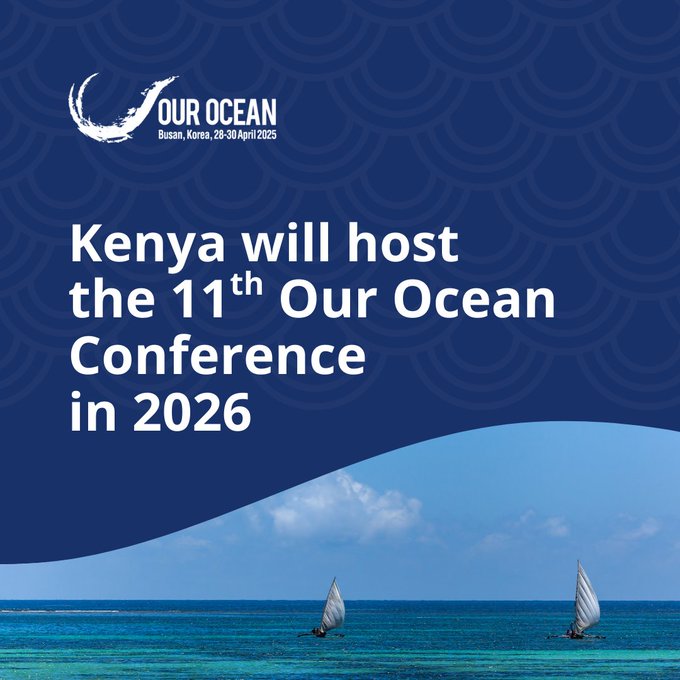The Governor of Bayelsa State, Senator Douye Diri, says Bayelsa State has made tremendous progress on several legacy projects that are transforming the lives of his people.
Speaking at the Opening Ceremony of the All-Nigeria Editors Conference in Yengoa, the Bayelsa. State capital, the governor listed the state’s flagship initiatives to include; 3 Senatorial roads, moving the communities to the atlantic ocean and unlocking the vast potential of the blue economy, as well as the iconic Ernest Ikoli Media Complex, arguably West Africa’s most impressive media hub.
According to Governor Diri, these projects demonstrate the administration’s commitment to credible, transparent stewardship, ensuring that the state resources are utilised efficiently and effectively for the greater good.
The A-s-s-u-r-e-d Agenda
He explained that the ASSURED agenda is the administration’s acronym that encapsulates the seven pillars upon which the next phase of development will stand.
This comprehensive framework he declared is built on seven pillars, namely:
A – Agricultural Revolution and Blue Economy
S – Sports and Youth Development
S – Security and Peace
U – Urban Renewal and Rural Development
R – Robust Healthcare Delivery
E – Energy Generation and Economic Growth and
D – Diversifying Education towards Innovation and Technology with guaranteed quality delivery – each representing a critical aspect of the state’s development strategy.
The governor described the theme of the conference, “Economic Growth and Development Strategies in Resource-Rich Country,”, as both relevant and timely.
Senator Diri, however said, “We find ourselves at a pivotal moment in Nigeria’s journey toward sustainable development. Our nation brims with abundant resources, yet poverty and underdevelopment persist across countless communities; a striking parado”
“we must rethink the outdated idea that states have rights to surface land, while the federal government monopolises valuable underground resources. He said.
The governor lamented that in spite of Bayelsa being a major contributor to Nigeria’s oil and gas production, it faced severe environmental challenges and economic hardship. “For long, we have been ignored, our stories dismissed, and our rights trampled. Yet we have decided not to be silenced or erased.” He declared.
He appealed to editors and influential voices to advocate for policies that prioritise sustainable development and empower local communities




